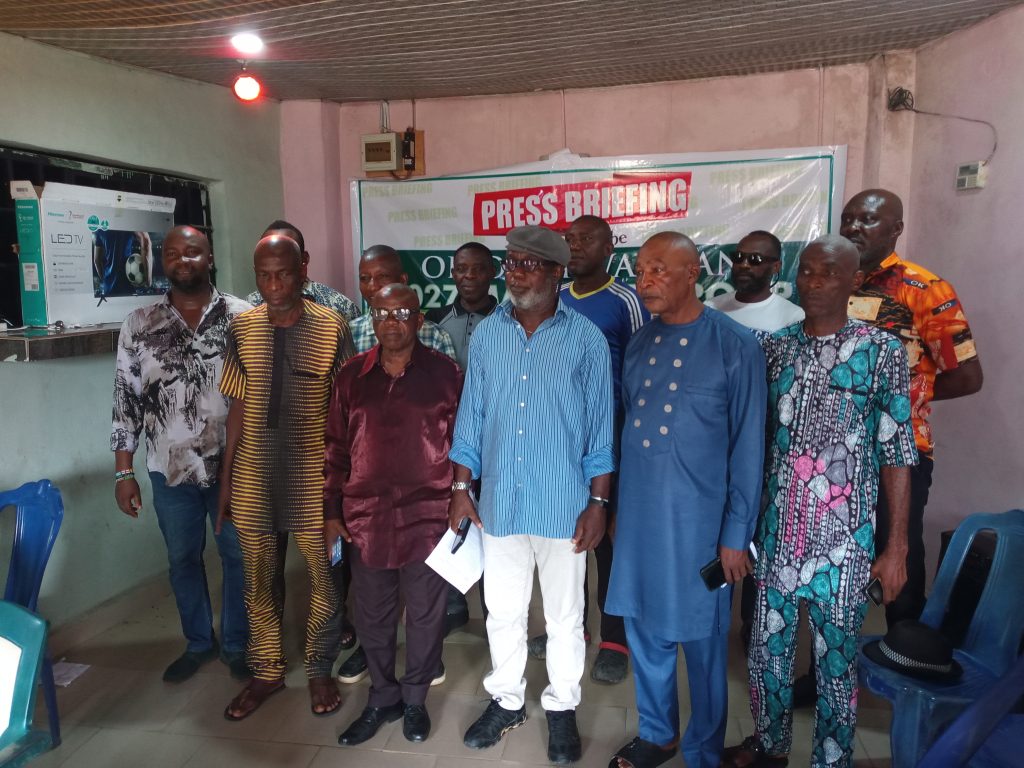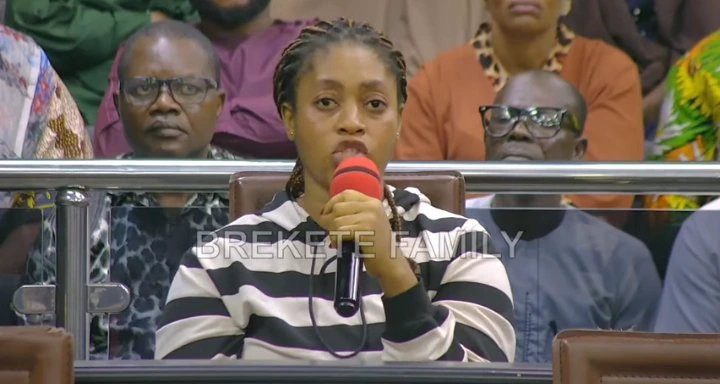Featured
Clerics oppose Soludo’s ban on public preaching in Anambra
DDM News

Several religious leaders in Anambra State have strongly condemned Governor Chukwuma Soludo’s recent ban on public preaching in open spaces, including markets.
The governor announced the prohibition on Saturday, imposing a fine of N500,000 on anyone who violates the directive.
According to Diaspora digital media (DDM) reports, Soludo advised religious leaders to limit their evangelism to church premises, arguing that public preaching was causing noise pollution.
However, clerics in the state have opposed the ban, describing it as an infringement on religious liberty.
They argued that public preaching remains an essential avenue for spreading the gospel and bringing souls to Christ.
Some religious figures labeled the ban a direct attack on Christianity and an attempt to suppress freedom of worship.
Osazee Williams, International Secretary of the Ecumenical Synods of Bishops, Archbishops, Apostles, and Senior Clergy in London, condemned the move.
He asserted that religious freedom is a constitutional right and that restricting public preaching undermines the spiritual well-being of the people.
Williams further questioned whether Governor Soludo genuinely acknowledges God’s supreme authority.
He emphasized that many individuals who do not attend church services rely on public preaching to receive the gospel.
According to him, the ban could hinder efforts to reach those in dire need of spiritual transformation.
He suggested that instead of an outright ban, the government could regulate noise levels by limiting the use of microphones.
“The earth belongs to the Lord and everything in it. The governor should have recommended alternatives rather than shutting down public preaching,” he said.
Williams noted that markets and other public spaces often attract criminals, but hearing the word of God can inspire positive change.
“Many people visit markets for differet reasons, including theft and crime, but when they hear the gospel, their hearts are touched,” he added.
Similarly, Most Reverend Isaac Olawuyi, Archbishop of the Methodist Church of Nigeria in Lagos, criticized the ban as an assault on Christian faith.
He described the policy as a violation of religious rights and called on Christians to resist it.
“No one in Nigeria should speak against Christian freedom. We have the right to preach, and it is a divine mandate,” Olawuyi stated.
He accused the governor of undermining constitutional guarantees of religious expression and urged faith leaders to challenge the decision.
The Archbishop further encouraged preachers to continue their evangelism despite the restrictions imposed by the state government.
“If they step out for true evangelism and hold crusades, let the governor attempt to arrest them all. We will see what happens,” he declared.
Olawuyi expressed doubt that Soludo intended to enforce the directive strictly, suggesting that it may have been a mere advisory statement.
He insisted that the ban contradicts Christian teachings, which emphasize spreading the gospel to all corners of society.
Many clerics argue that evangelism in public spaces has historically played a crucial role in moral reformation and community transformation.
Religious leaders warn that silencing preachers could deprive people of messages that offer hope, encouragement, and moral guidance.
Some church leaders have called on the governor to engage in dialogue with the clergy rather than implementing a harsh restriction.
They believe that constructive discussions could lead to a compromise that balances public order with the need for spiritual outreach.
Human rights activists have also weighed in, arguing that the policy could set a dangerous precedent for suppressing religious expression.
Legal experts stress that while noise regulation is valid, a total ban on public preaching infringes upon fundamental human rights.
Meanwhile, residents have expressed mixed reactions, with some supporting the policy due to concerns over excessive noise in marketplaces.
Others, however, believe that street preaching should continue as long as it does not disrupt business activities or public peace.
The controversy surrounding the ban highlights the ongoing debate over the balance between religious practices and government regulations.
With opposition mounting, all eyes are on the Anambra State government to determine whether it will reconsider or enforce the ban.
For Diaspora Digital Media Updates click on Whatsapp, or Telegram. For eyewitness accounts/ reports/ articles, write to: citizenreports@diasporadigitalmedia.com. Follow us on X (Fomerly Twitter) or Facebook











